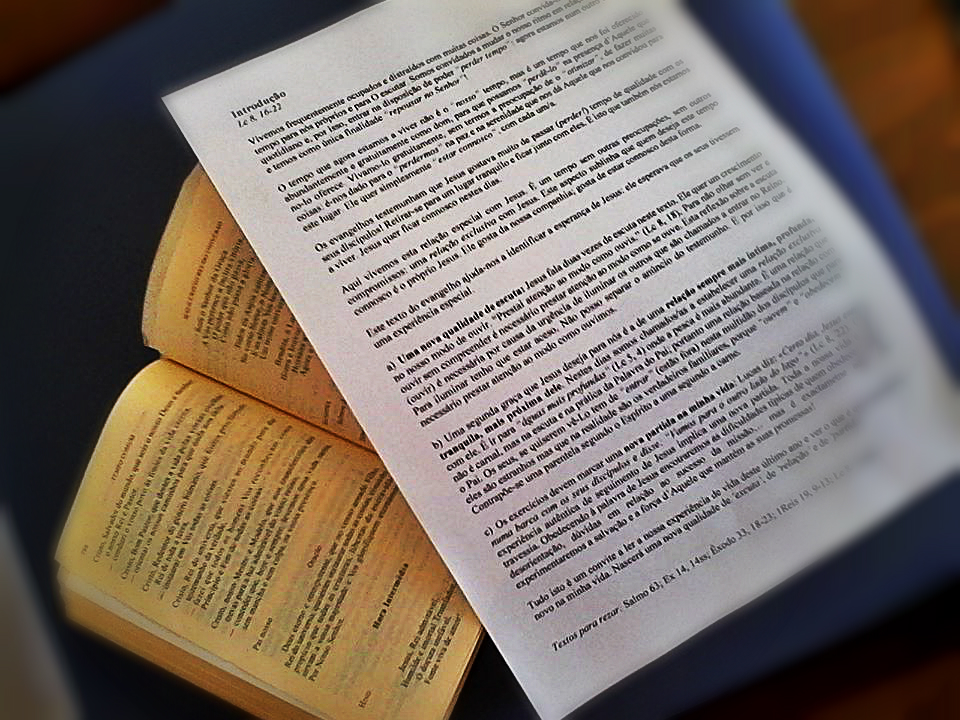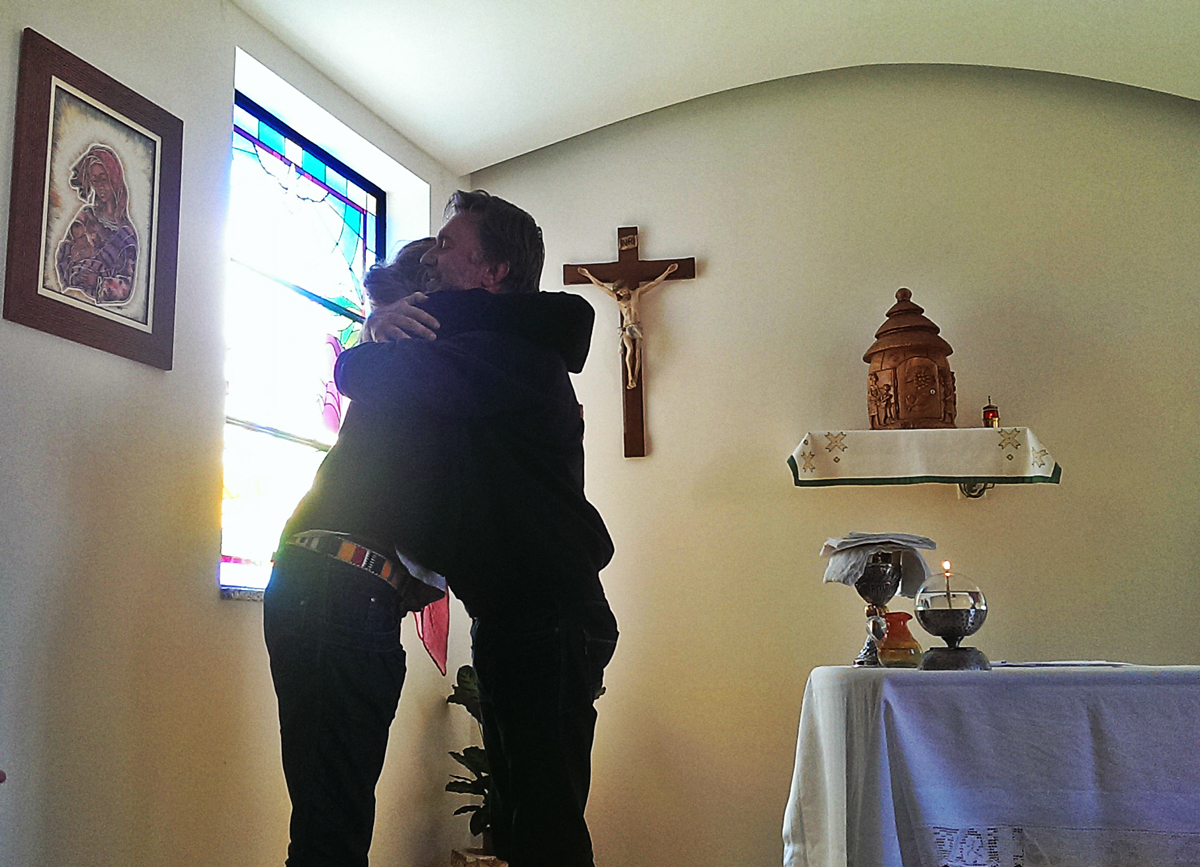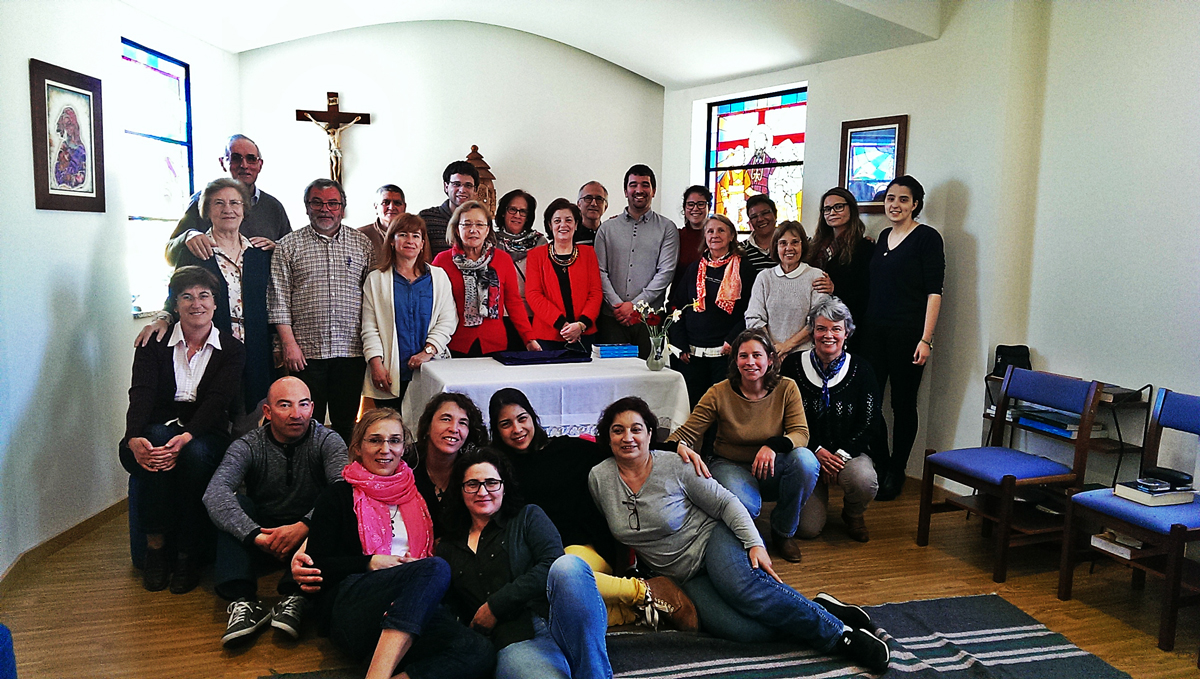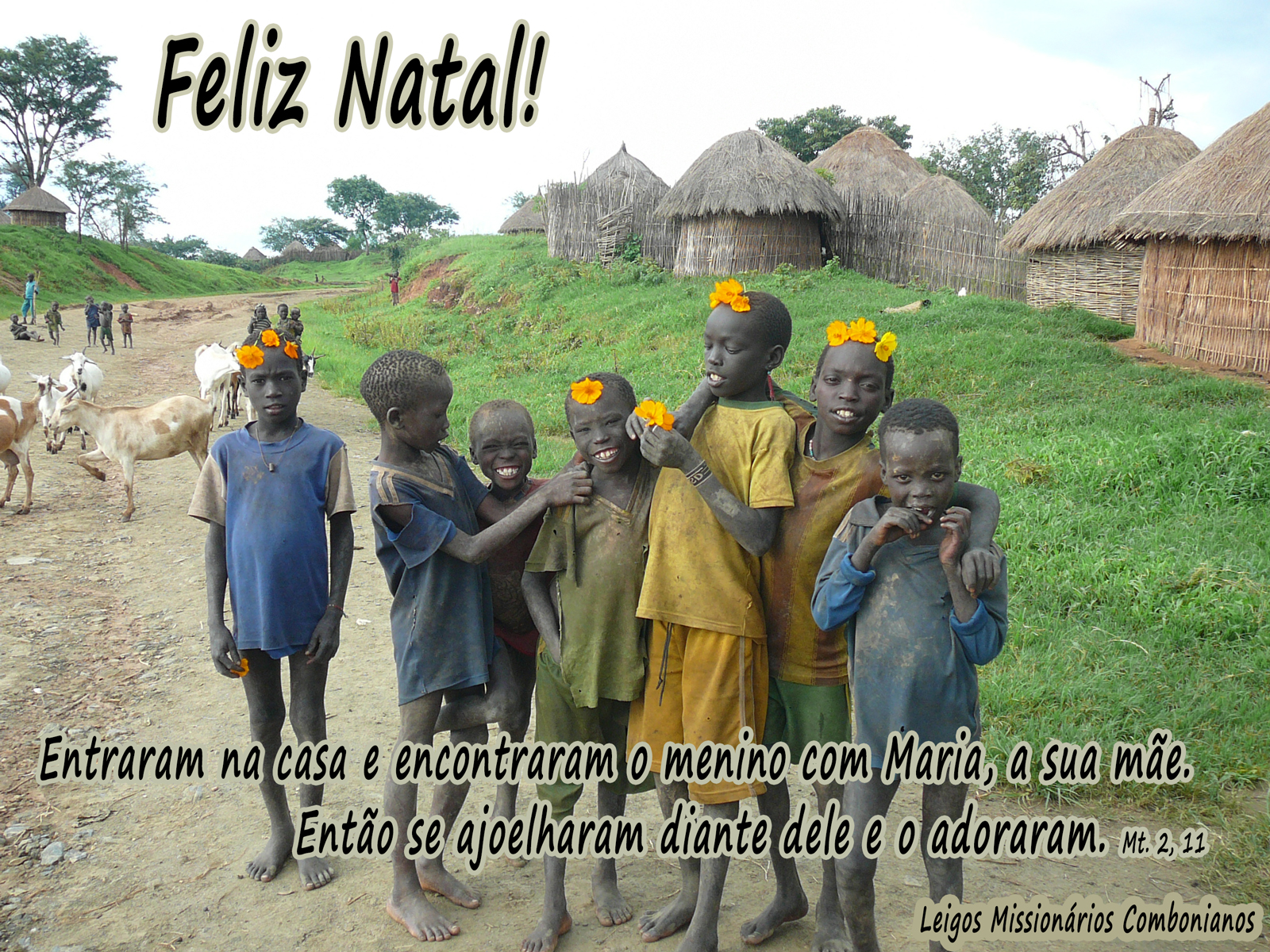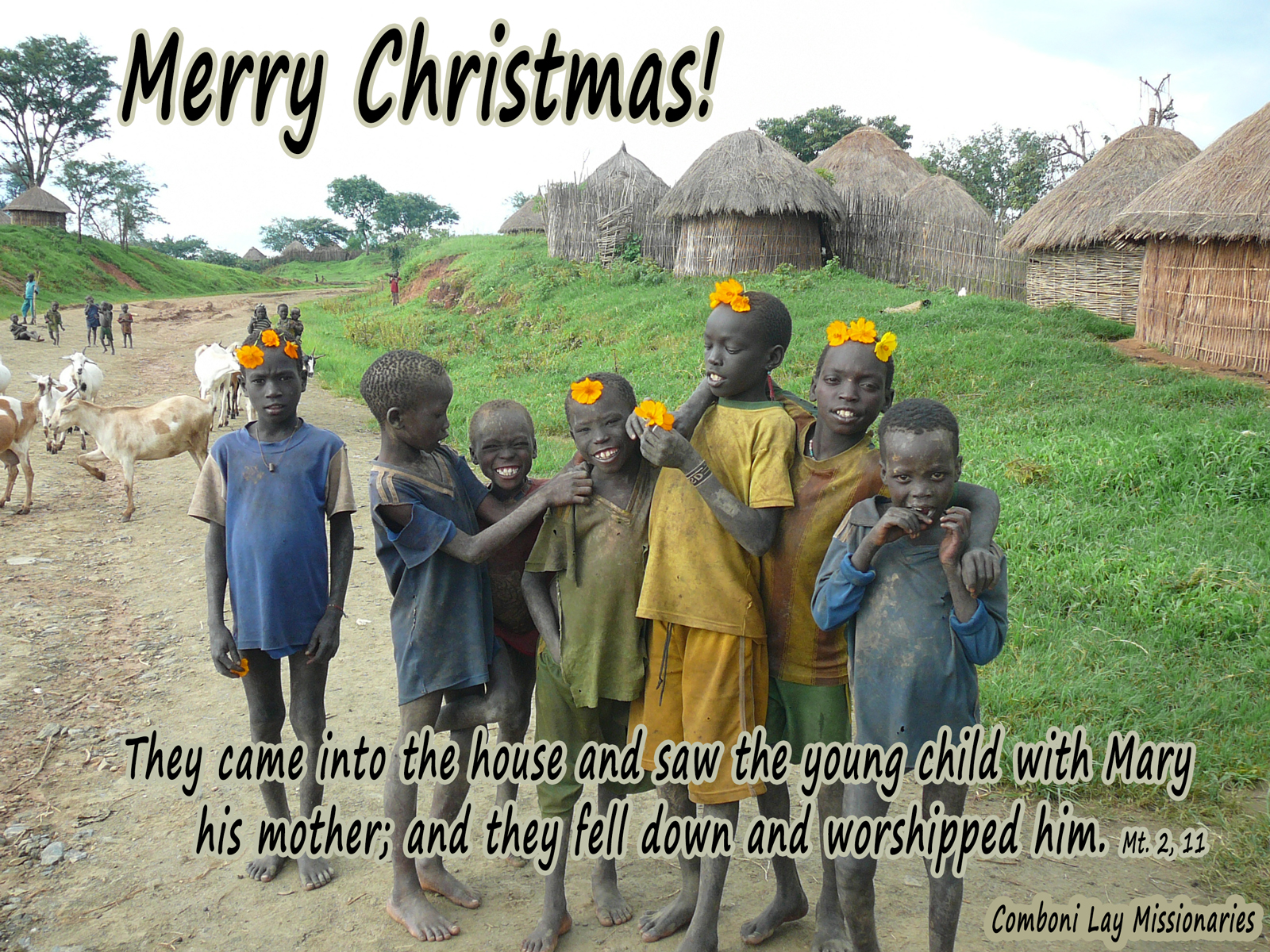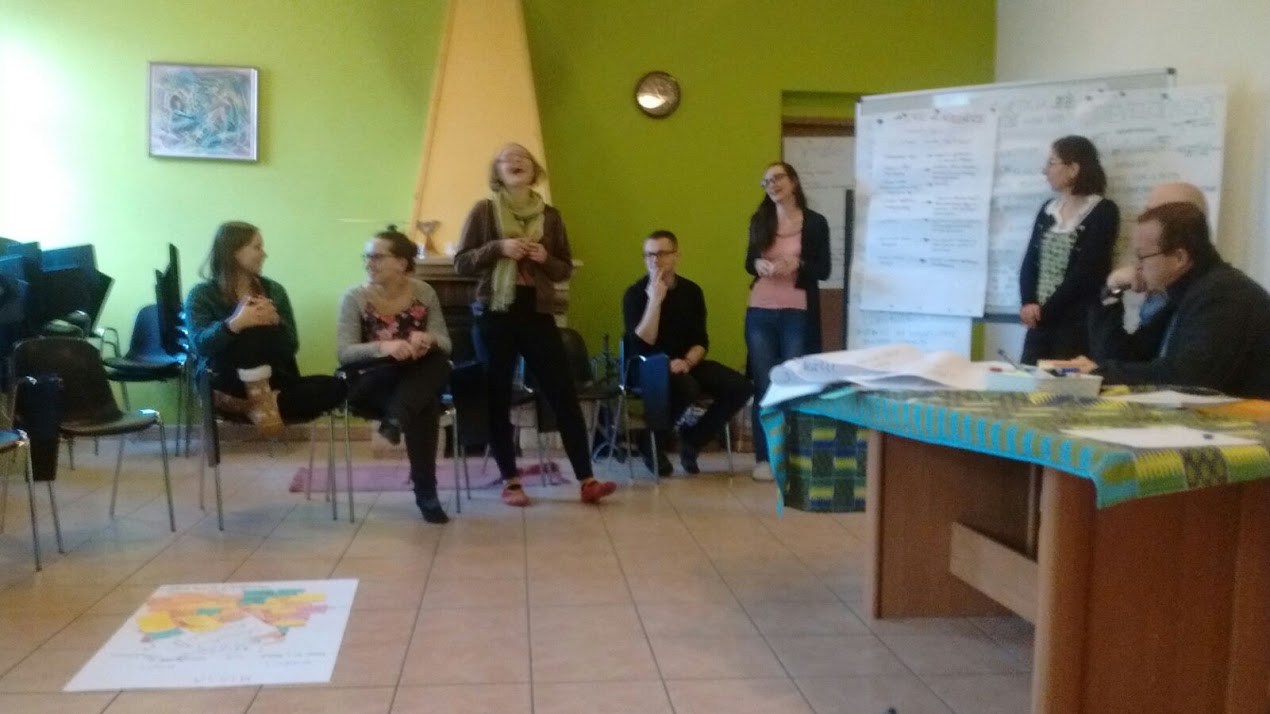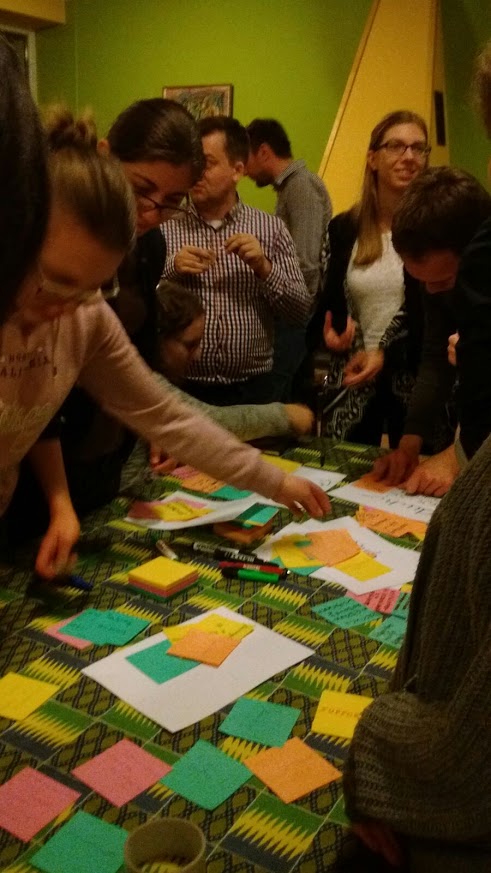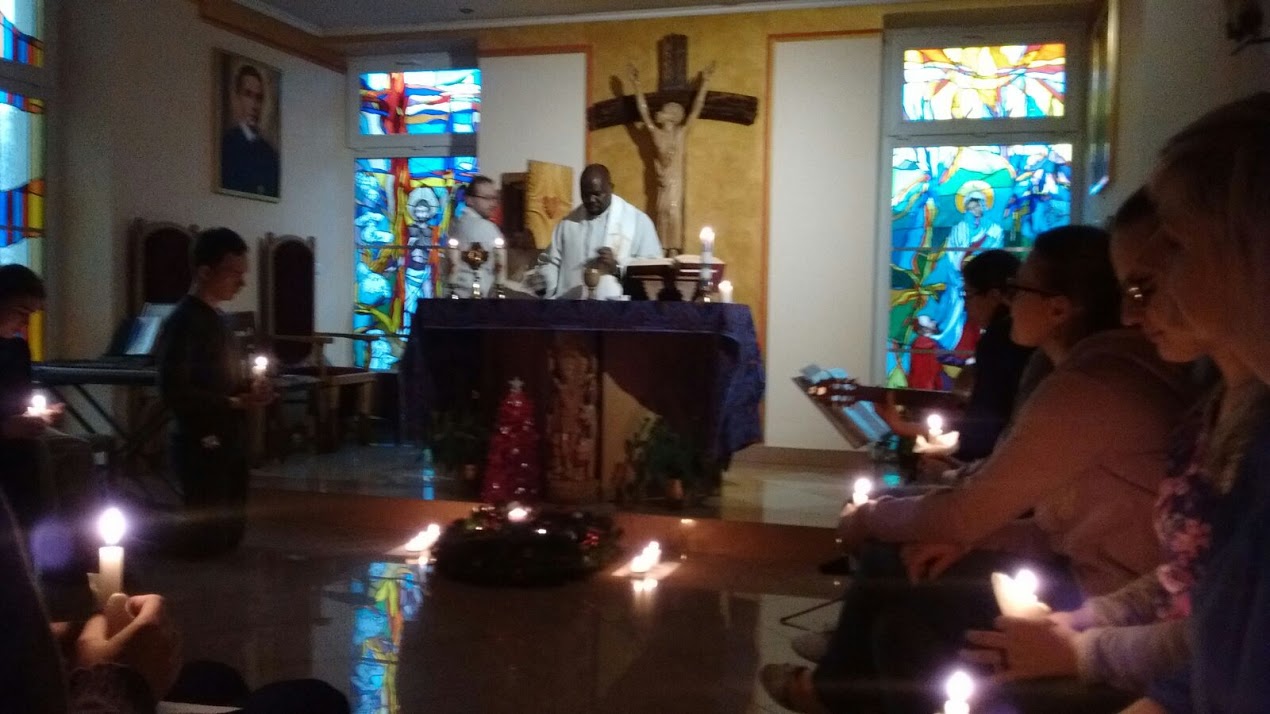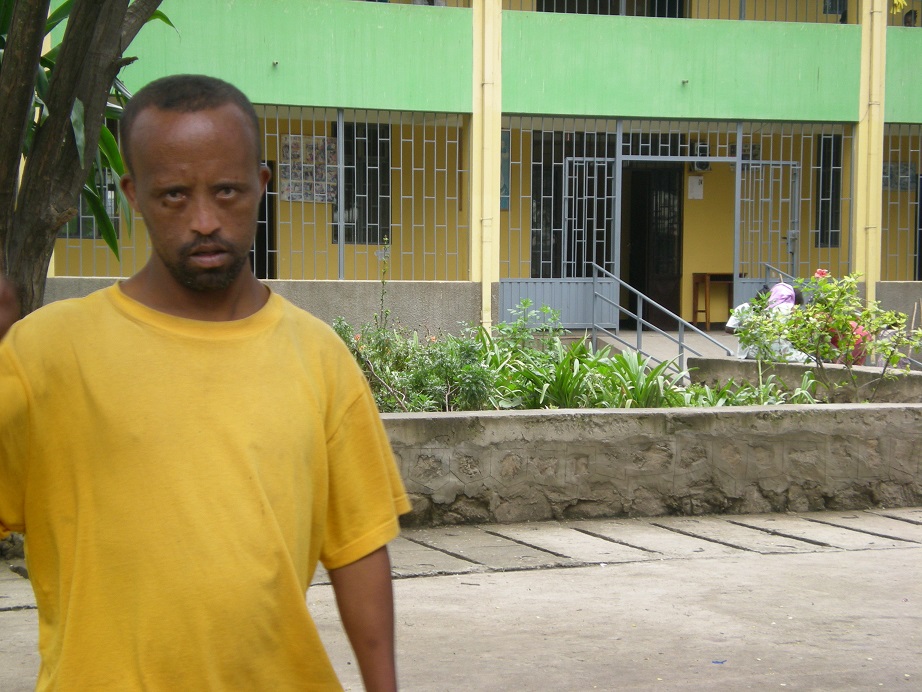 In the Mother Teresa Home where I work, most patients stay for only a few weeks – months, just for treatment. However, there is also a small group of people for whom the center is home. They are mainly people with intellectual disabilities who do not have any relatives, who were found by the sisters on the street. Among them is Bereket (which means Blessing) – man with Down syndrome. He has been living here for many years, so since I came to Awassa I have been meeting him almost every day – either at the center or somewhere in the street when he comes back from school or in a church where he serves the Mass… Every time he greets me, usually with a wide smile and great joy, he likes to talk about various things, such a cool moment for me was when once he came and said he’d like to show me something… He led me into the room, opened the cabinet and proudly presented a collection of stickers with football players 🙂 Such a small thing, but for me it was very touching that he wanted to share something important to him, such a sign of friendship.
In the Mother Teresa Home where I work, most patients stay for only a few weeks – months, just for treatment. However, there is also a small group of people for whom the center is home. They are mainly people with intellectual disabilities who do not have any relatives, who were found by the sisters on the street. Among them is Bereket (which means Blessing) – man with Down syndrome. He has been living here for many years, so since I came to Awassa I have been meeting him almost every day – either at the center or somewhere in the street when he comes back from school or in a church where he serves the Mass… Every time he greets me, usually with a wide smile and great joy, he likes to talk about various things, such a cool moment for me was when once he came and said he’d like to show me something… He led me into the room, opened the cabinet and proudly presented a collection of stickers with football players 🙂 Such a small thing, but for me it was very touching that he wanted to share something important to him, such a sign of friendship.
But recently, Bereket has started to get seriously ill. One day when I saw himself alone in the room and feeling a little better, I came with the Picture Bible and together we started to read and tell biblical stories, it was so beautiful! His faith in God, so simple and so strong! And it seemed to me that he was in quite good health, that he was getting back to strength … But when I returned to the center the next day, he was unconscious, with a face full of bruises, with people gathered around him in prayer. It turned out that he had epilepsy all night (for the first time in his life), fell out of bed and got some wounds and bruises. For following few days, his condition worsened, epileptic attacks were repeated, he did not want to eat or drink anything, the sisters tried their best to help him, but the drugs did not work … The priest came and gave him the sacrament of the anointing of the sick. It seemed like he was going to die soon… It was very difficult time, filled with prayer and hope. And I was so surprised when, after coming back from Addis, where I was staying over the weekend, Bereket greeted me at the gate! Except the bruises on his face, he was looking totally healthy! Miracle! And when we started talking, the first thing he showed in the image of Merciful Jesus and said – “thanks to him I’m healthy! After the priest came with Holy Communion, I felt much better.” Such strong testimony of God’s power and power of prayer. And then when we continued the conversation he asked when there will be the Way of the Cross from Awassa to Gethsemane (a retreat center located about 7 km outside the city), because he is already looking forward to go there. Hearing it from a man who was barely alive a few days earlier … Amazing … Glory to the Lord that works such miracles! And I’m so thankful for the testimony of Bereket’s faith, which is also very strengthening for my own faith.
Madzia Plekan. CLM Awassa (Ethiopia)





